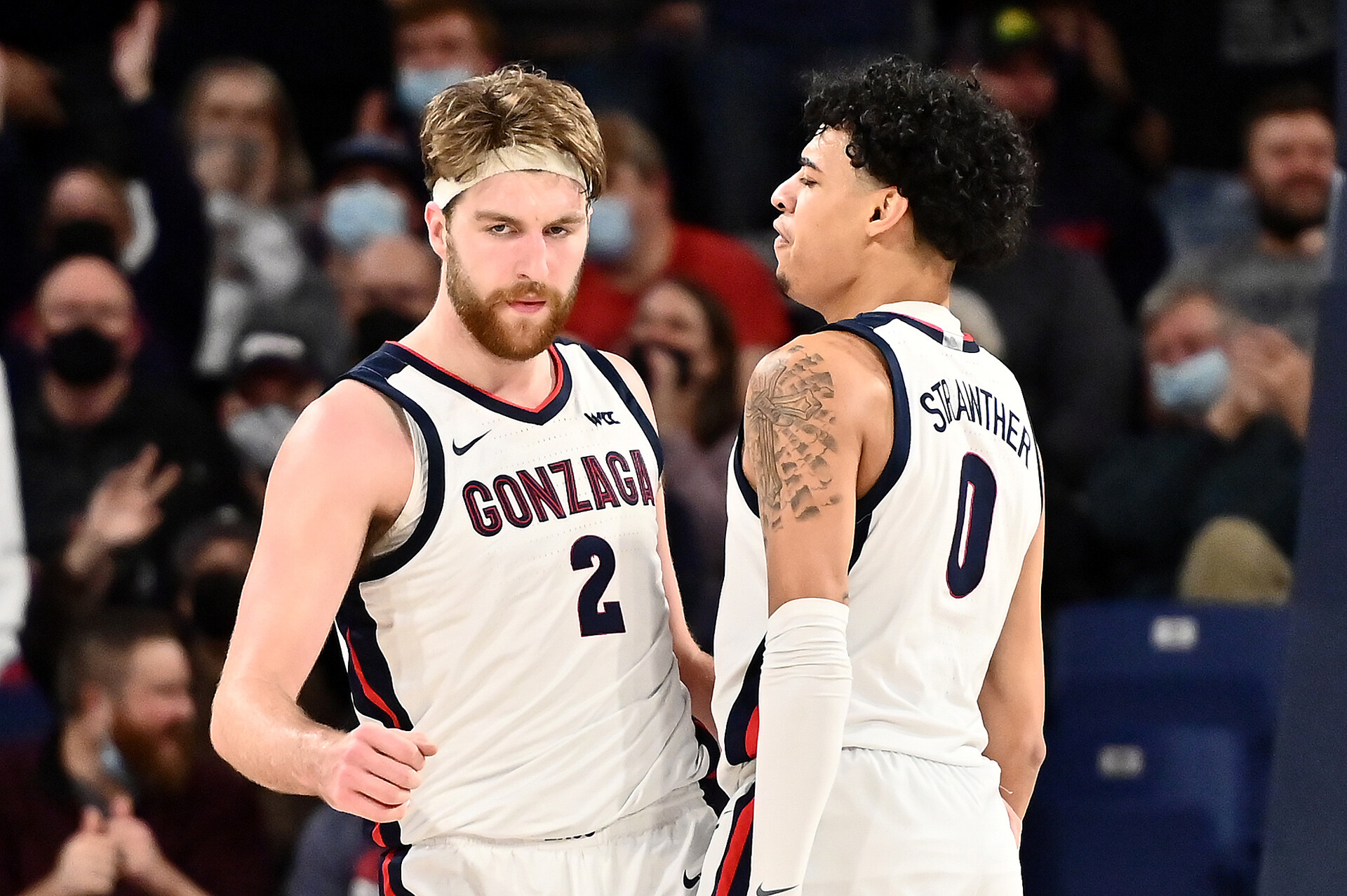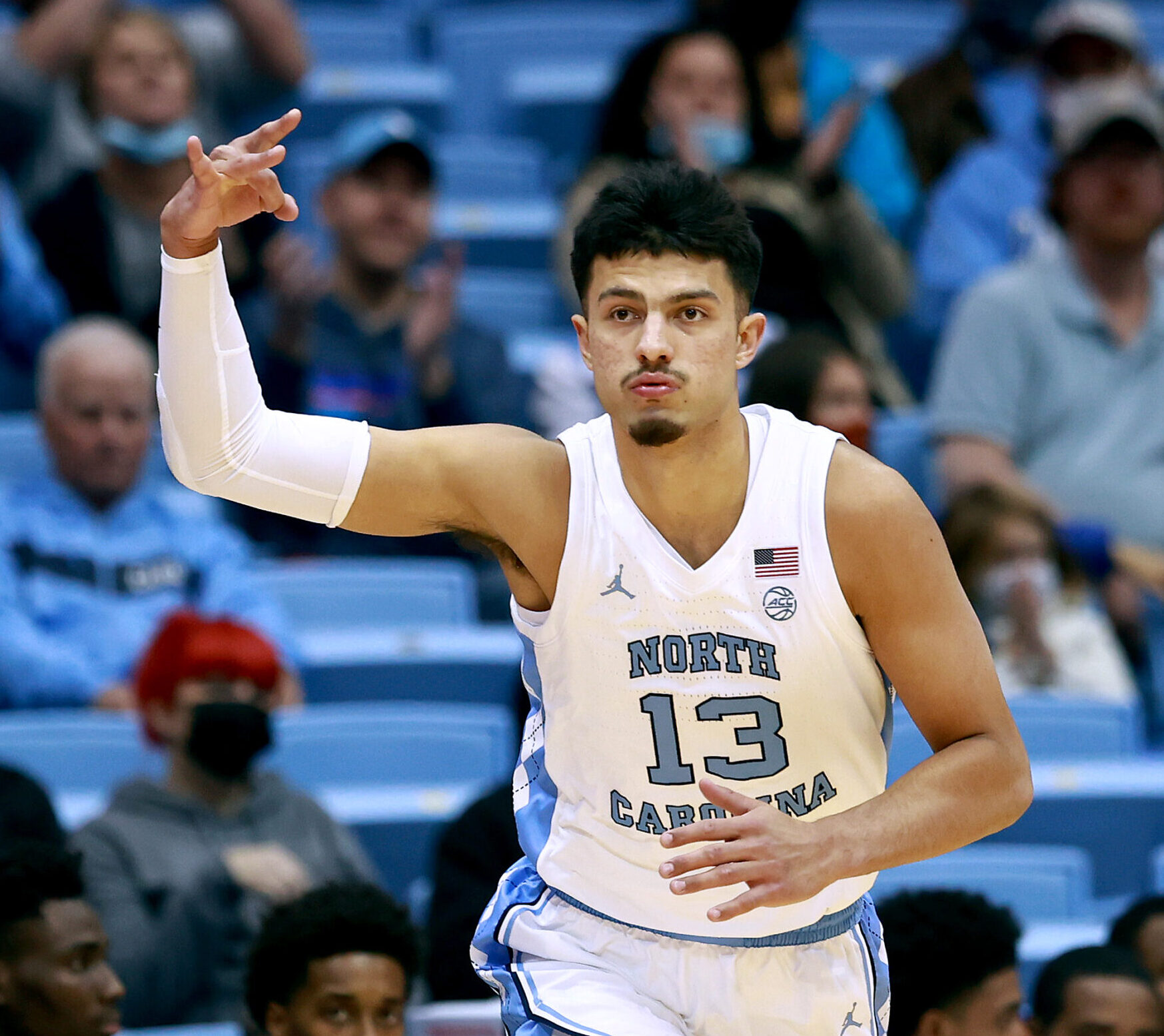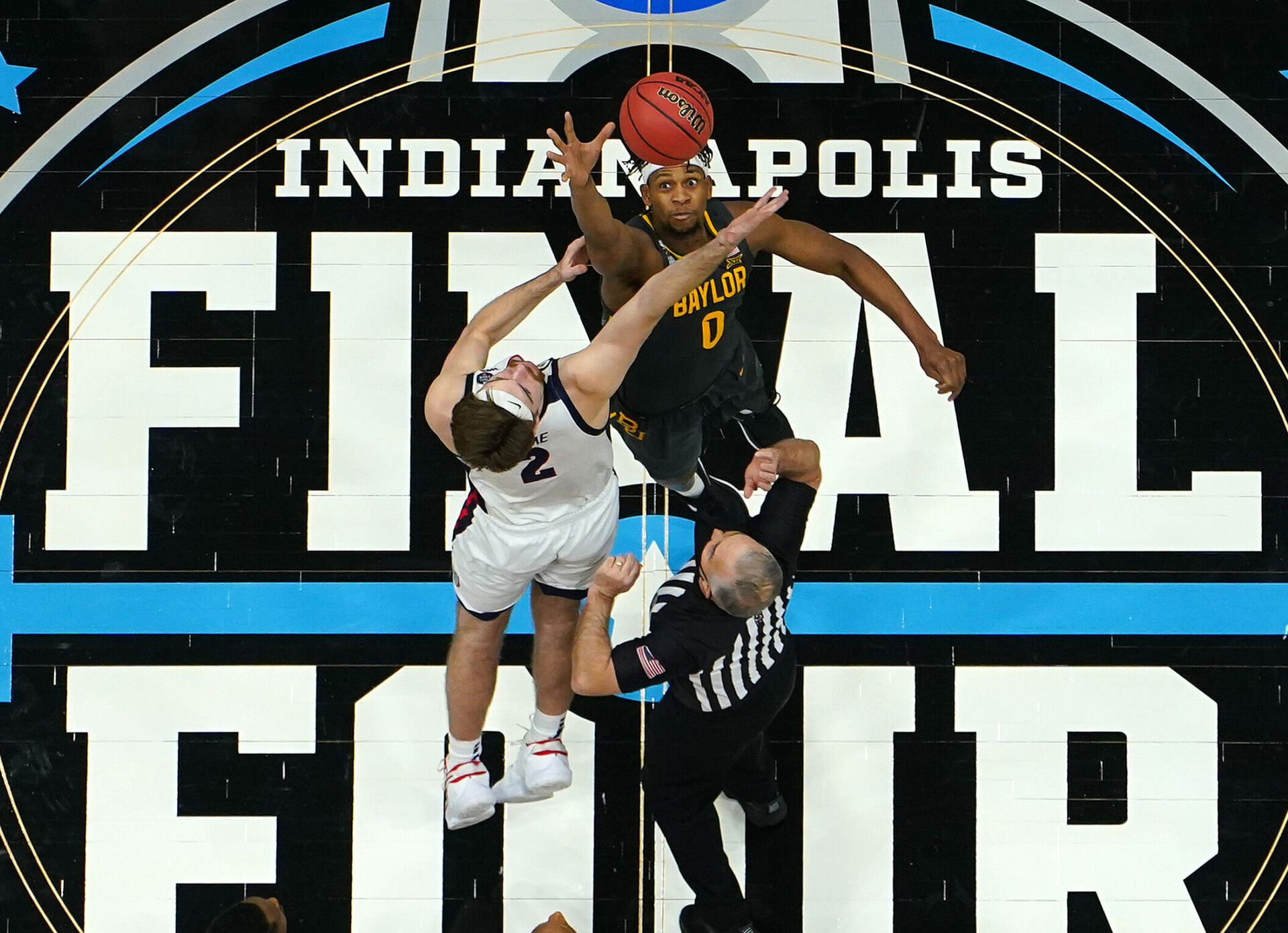Two weeks after the Super Bowl is that month-long dead zone between the end of the NFL season and March Madness. On an otherwise pedestrian Saturday with a few scattered NBA and NHL games on the docket — the only things keeping bettors from having to fire on Canadian harness racing to get a little action — it hit out of nowhere:
A split-screen of three WynnBet guys, senior lead trader Matt Lindeman along with fellow traders Motoi Pearson and Anthony Smock, posted against a stark white background like they were stuck in the break room at an Apple Store.
And then, something you normally would only get to see in action if you were the kind of person who also had a pass to the employee dining room: “First game, Celtics-Pistons … you made it 10? Let’s go with 10.”
With that, the trio of traders was off, running down the schedule and setting lines for the day’s games. This was it. This was what every sports bettor has, at one point or another, always wanted to see: How the sausage gets made. And it was happening all in real-time, blasting out into the world from the comfort of your phone while you were sprawled on the couch looking for a bet worth making.
The Big Reveal

It’s not like I didn’t know how lines got made, but actually watching it happen was like going backstage at Disneyland and seeing Mickey and Pluto on break talking about mortgages and alimony. It kinda messes with your sense of reality.
For a month, Lindeman and his crew streamed regular line-setting sessions on NBA games. Then on Sunday night, they stepped up the stream for one of the two biggest betting bonanzas of the year: March Madness.
https://twitter.com/WynnBET/status/1503157429470576640
It’s a little jarring how quickly, how casually the lines are generated. About 20 minutes into the stream, Lindeman and Pearson rolled around to No. 1 overall seed Gonzaga’s first-round West Region matchup against Georgia State. Lindeman checked his power rankings against the available early NCAA Tournament lines and did a double-take.
“I’ve got a big difference on this one. They’ve got 24.5, 23.5. My number is 21.5. I say … 23?” he asked.
“23 is fine,” Pearson said. Then they rolled right into setting a total and moneyline on the game.
Oh, is that all? Just hang 23, take a bet, and move the number? Oh, right. That’s how guys have been doing this since Arnold Rothstein controlled the rackets on Broadway. There’s a reason it stood the test of time.
That speed is a function of 10 years in the business for Lindeman, for sure. But I found it comforting. You’re not playing against some impenetrable algorithm armed to the teeth with weapons-grade data where your best shot of cashing a ticket comes from a hung slider, a bounced puck, a tipped pass that changes a game’s trajectory.
“I want it to happen onscreen,” Lindeman said of WynnBet’s decision to peel back the oddsmaking curtain. “I want people to see us make a mistake and see the whole process of us going through our reasoning. That’s the most fascinating aspect.”
“Don’t assume that we have all the answers — that we’re these whizzes who have an opinion on every game, every sport. It’s just not even close to the case.”
‘Spreading’ The Wisdom

If you pay attention, you can catch stray nuggets of betting knowledge that come out during the live stream. In discussing the Marquette-North Carolina first-round matchup, for instance, Lindeman offhandedly mentioned that he always buys onto the point when the spread is less than seven “for peace of mind.” (I’ve had enough days where I’ve gotten hooked three or four times and subsequently stroked out from rage. I can assure you, if you’re in an extended slump where every break goes against you, peace of mind is worth a few cents on a line.)
Even during the March Madness line-setting stream, Lindeman and Pearson were surprised by the lack of early action as lines went live. Two days later, he still hadn’t seen the onslaught of money he’d anticipated. Still early for the public to start hammering sides in force, sure. But he expected a little more from the wiseguys.
“I thought a lot of this stuff would really move and I don’t know if maybe limits aren’t aren’t up yet, so some of the sharper groups are waiting,” he said. “I’m a little surprised that Providence is still a 2-, 2.5-point favorite.”
New School Meets Old School
This isn’t just an advertisement for old-school bookmaking, though it is that. Lindeman learned under longtime Las Vegas bookmaker Tony DiTommaso, so there’s old Vegas DNA floating around in this bettor-friendly approach. Back in the day, old-school guys might come from behind the counter to talk to players if they needed to settle an issue. They were trying to take each other’s money, but it was more De Niro and Pacino in Heat than Dragnet cops and robbers.
In a new world where sports betting is exploding across the country, it can be easy to think you’re up against a marketing budget with a wagering operation welded to the side of it. It’s reassuring to know there are still people on the other side of the computer, no matter how many commercials for books you see during TV timeouts.
Taking a human approach can benefit players, but it has a little flies-with-honey side effect for operators.
“If you take that wall down, it really helps humanize your oddsmakers,” Lindeman said. “[Bettors are] not as hungry to take advantage and angle-shoot or pick you off when you put up a bad line.
“If we can evolve that relationship a little bit, maybe it doesn’t have to be so adversarial — like ‘You do one thing I don’t like, and you don’t get to play here anymore.’ That’s just not sustainable in my opinion. The old-school way is the only way that’s going to win out. So I have no choice but to hitch my wagon to that.”


